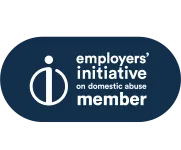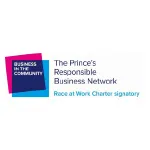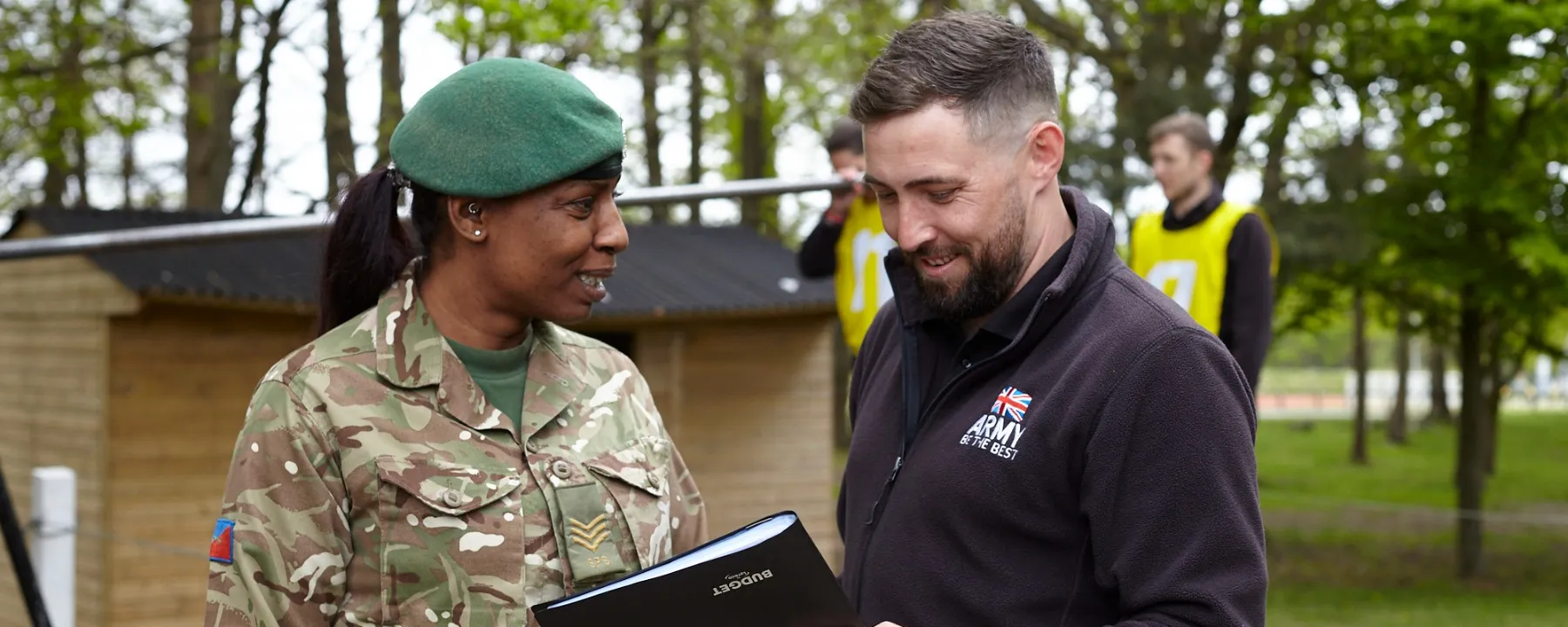Insights & News page
At Capita, we are dedicated to achieving better outcomes for our employees, clients, the communities we serve, and the environment.
We integrate responsible business practices into every aspect of our operations, from the services and products we offer to our community and environmental initiatives. I am very proud of our progress and the awards and achievements we have garnered over the years, including the Gold Talent Inclusion and Diversity Evaluation (TIDE) Award, being on the Forbes global list of top employers for women, and Charities Trust Payroll Giving Platinum Award. These accomplishments reflect our unwavering commitment to making a positive impact on society and the environment. I am looking forward to continuing this journey and achieving even greater milestones in the future.
Our Responsible Business Strategy (2024-2026)
Our responsible business strategy was developed in collaboration with our leaders, colleagues, clients, investors, and community groups to identify the most pertinent issues that Capita should address. It prioritises our action through one cross-cutting theme and our company purpose: to create better outcomes for all our stakeholders, and four key themes.
At Capita, being a responsible business is not just a commitment, it’s the foundation of how we create lasting impact. Our strategy ensures we focus on the issues that matter most to our clients, colleagues, and communities, driving meaningful change for society and the environment. Guided by our values: Customer first, always; Fearless innovation; Achieved together and Everyone is valued, we are shaping a future where business success goes hand in hand with responsibility and trust.
Select the area below you're interested in to expand the topic:
- Our people
- Our communities
- Our planet
- Our business
Our people
Our commitments
- We prioritise the wellbeing, safety, and health of our workforce.
- We continuously strive to create a great in-work experience for all our people.
- We are committed to representing the diversity of the communities in which we live and work, at all levels of the business.
KPIs
- Increase gender & ethnic representation at management level.
- Maintain Gold TIDE Award.
- Maintain Disability Confident Scheme Level 3.
Supporting the following United Nations Sustainable Development Goals:
3 Good health and well-being
5 Gender equality
8 Decent work and economic growth
10 Reduced inequalities
Our responsible business governance
The Board has ultimate accountability for environment, climate, social and governance related (ESG) risks and opportunities, with delegated responsibilities to both Board committees and the Executive Team, cascading to management for day-to-day oversight of all responsible business matters.
Find out more:
Capita’s double materiality assessment process
In 2025, we undertook a double materiality assessment (DMA), to identify and prioritise the sustainability topics most relevant to our business, our stakeholders, and our wider value chain and reflect the requirements of the ESRS and CSRD. Key features included:
From 184 IROs, 38.6% were deemed material, resulting in ten strategic ESG topics that now underpin Capita’s sustainability strategy, disclosures and programmes.
- Environmental stewardship
- Climate change
- Employee health, safety and wellbeing
- Diversity, equity and inclusion
- Human and labour rights
- Community impact
- Customer welfare and safety
- Business conduct and ethical AI
- Cybersecurity and data protection
- Sustainable, transparent and resilient supply chains
Our strategy focuses on these challenges, prioritising them in the order in which we can have the greatest impact:
- support a healthy, safe, diverse and inclusive workforce
- have a positive impact on our customers and communities
- reduce our environmental impact
- operate ethically, responsibly and securely
Responsible business awards, partnerships and accreditation
Capita maintains several key Group-level accreditations and partnerships that underpin our responsible business strategy and commitments. We are accredited as a Disability Confident Leader (Level 3) and hold the Fair Tax Mark.
We are proud to partner with leading organisations such as Business in the Community (BITC), Purple Space, Onvero, and Social Shifters, and we are signatories to the Armed Forces Covenant, Women in Defence Charter, and Business in the Community’s Race at Work Charter.
Alongside maintaining strong ESG performance, evidenced by our inclusion in the FTSE4Good Index, achieving a CDP score of B, being ranked in the Forbes Global list of Top Employers for Women, and receiving Onvero’s Gold TIDE award, we also participate in leading external sustainability assessments, including Sustainalytics, EcoVadis, and the S&P Global Corporate Sustainability Assessment (CSA). These benchmarks help us evaluate progress, strengthen transparency, and guide continuous improvement across our responsible business activities.
We also hold the Payroll Giving Platinum Quality Mark from Charities Trust, reflecting our long-standing support for charitable giving.





















